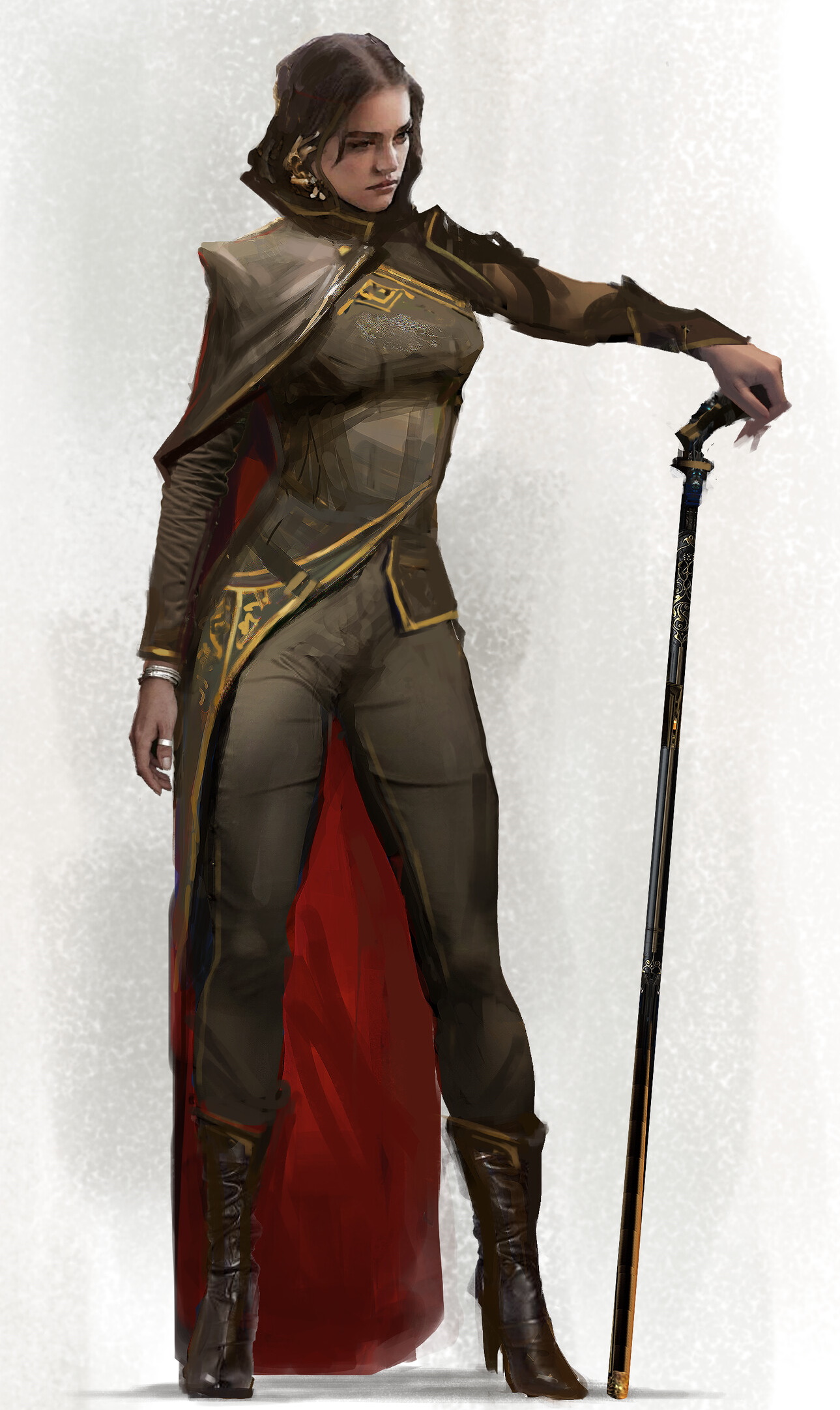Habitat and population
Even to this day, human settlements still require access to fundamental resources such as liquid water and oxygen to remain functionnal. Nevertheless, humans are a cosmopolitan species found in almost all regions of the world, including tropical rainforest, arid desert, extremely cold arctic regions, and urbanized cities. While they are a highly adaptable species, however, human retain a preference for temperate regions and suitable atmospheric conditions.
Humans are unsuited for life in deep space and remain largely tied to large astronomical bodies such as planets and moons. Some exceptions exists, such as the Vagari who live in their own nomadic fleets, but gravity remains a constant requirement for long-term living conditions.
All in all, some one billion people currently live within Elysium, more than 97% of whom live on planets and moons of the three major human nations. The rest lives in the city of Unity or the nomad fleets, whose number is expected to fall due to their low fertility rates.
Biology
Genetics
The human genome has been thoroughly sequenced and analyzed over the decades following the Colonial War. Although much remains to be discovered, advanced predictive AI models and improved equipment and methods have enabled humanity to perfect its own flaws through genetic manipulations. While only minor enhancements were possible, both physically and legally, humans have grown more resilient to disease and cellular breakdown.
These genetic optimizations were initially a very controversial subject, but proved to be highly effective. These procedures are typically initiated by assisted reproductive technology, using cells from both parents. These techniques have also allowed homosexual and polygamous groups to bear children carrying the genome of all of their members. These procedures are entirely voluntary, but their high success and infinitely small error margin have eventually made them the main human reproduction method.
Life cycle
Thanks to both advanced medical knowledge and genetic optimization, human life expectancy has risen to 134 years for females and 129 years for males. These numbers are even higher in the Enodian Ascendancy due to the improved living conditions and medical infrastructure, with an average increase of 30 to 40 years over the Federation and the Concord's populations.
While the early stages of human life remain unchanged, the human body will slowly degrade after the age of 80, increasing the risks of cancer and weakening its immune system. Despite numerous simulations, no permanent solution has been found to completely stop cellular breakdown past this age. Most humans will continue to live on until their 130s, although dementia will take a significant toll on their last years.
Civilization and Culture
Language
English is the most commonly used language in human society. Other languages are also in use, such as French, German, Japanese or Chinese, but are significantly less popular than English. Throughout the few centuries that humans lived in Elysium, several local dialects have emerged, often planet-wide variations of English vocabulary or pronunciation. These are regularly investigated by both journalists and academic, as their origins could potentially lead to the creation of a new, universal language. Every attempts, however, failed to surpass localized English.
Tools and technologies
Humanity is considered to be the most technologically advanced civilization in the known universe, even surpassing the Archeans. While these claims remain debatable at most, since Archean ruins are so old that few remains can actually be studied, it is undeniable that humanity has greatly evolved since its days on Earth. After mastering nuclear fusion, interstellar travel and even sentient intelligence, many are left wondering what human ingenuity can create.
Unfortunately, while human innovation has never been as active, many engineering challenges remain unsolved, due to either a lack of industrial capacity or a lack of appropriate materials that remain to be created. As such, mankind has yet to fully harness the power of stars, nor has it mastered all realms of physics. Much has been discovered, but much more remains to be found.
Science and philosophy
While Earth is but a long lost memory for most, its cultural and technological legacy has carried on until the present day. Numerous Earth-born cultures still remain as active as ever, although somewhat changed through the centuries, and reflect on the names of many in Elysium. The most common are English, Chinese, Australian, German and Japanese. With almost four centuries, most cultures have influenced each other, resulting in what most people simply refer to an "Idyllic culture" that is common place in the Federation and the Concord. The Ascendancy, however, developed its own culture based on its three principles of strength, courage and wisdom, resulting in a rather unorthodox lifestyle of constant challenges and self-questioning, with the ultimate goal of surpassing one's self.
Government and politics
There currently are three major human nations in Elysium: the Vestan Federation, the Enodian Ascendancy and the Elysian Security Organization. In addition to these three nations, several independent colonies and migrant fleets have also been founded by small communities, although they are generally short-lived.
Corporations also had a significant influence on human society as a whole until the Interstellar War. Most of these have been dismantled since then, often forming many smaller, and less impactful, corporations. Some, however, have persisted through the ages since their inception, carrying with them a legacy and a reputation that few competitors can challenge.
Finally, while most humans in Elysium are atheist, religions still remain active in human communities. Most are Earth-born religions such as Buddhism or Christianity, but new religions have also taken root, such as Archeanism. Other religious groups have formed and disappeared through the centuries, most of them failing to be recognized as full-fledged religions.





Comments